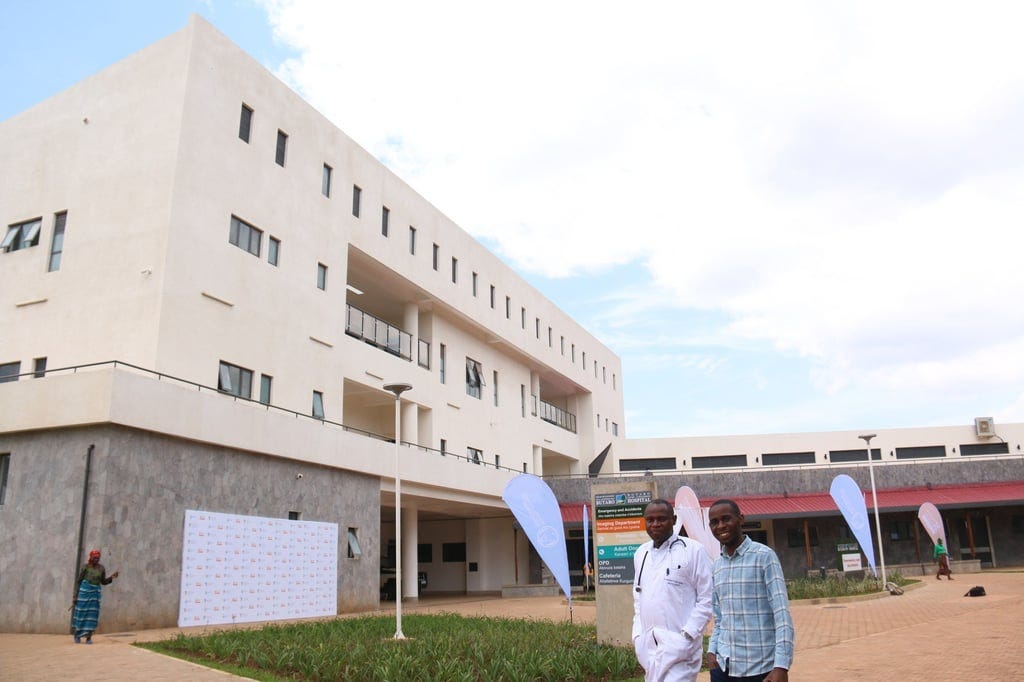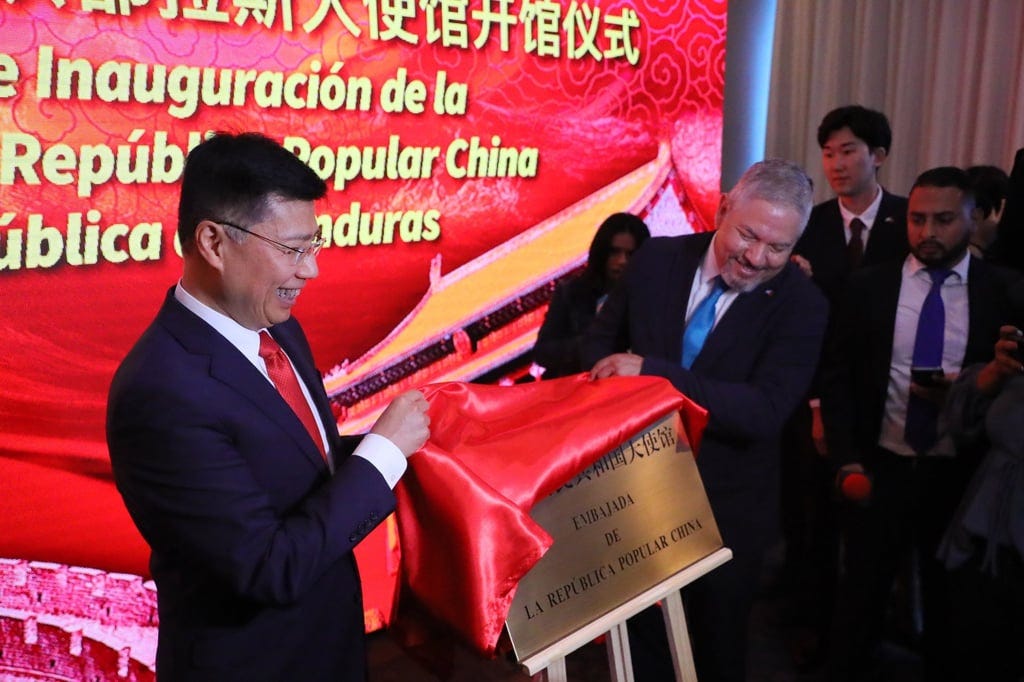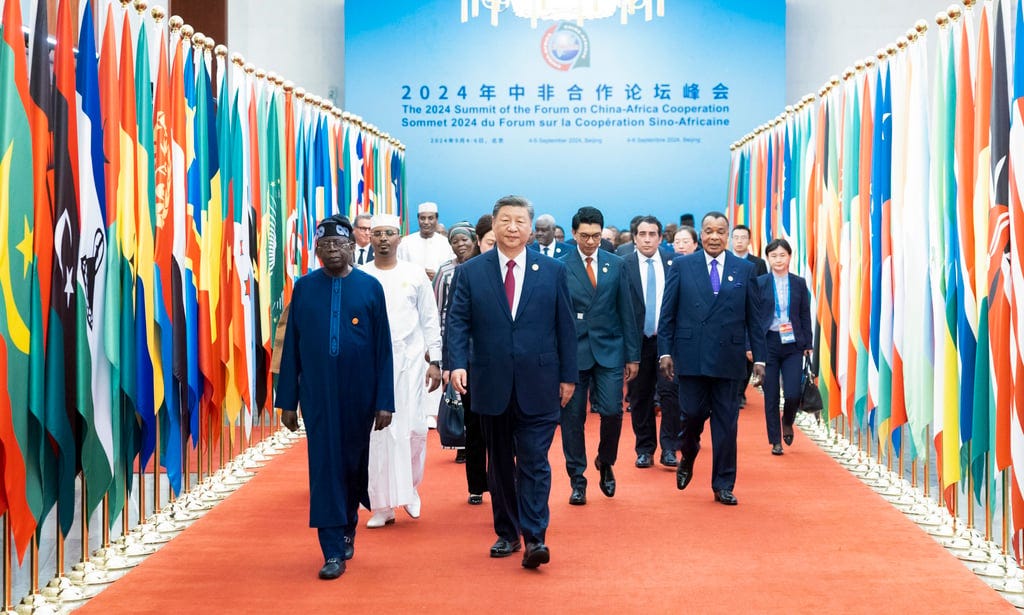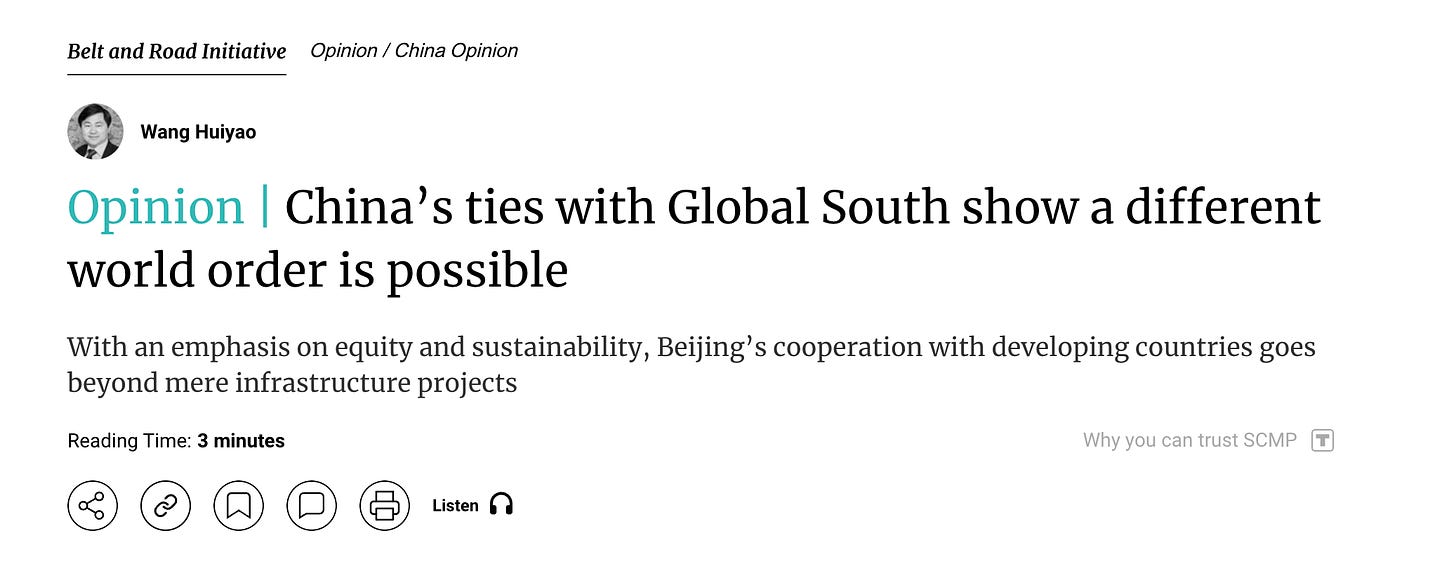Henry Huiyao Wang: China’s ties with Global South show a different world order is possible
CCG President reflects on CCG's co-hosted panel at Doha Forum, “China’s Role in the Rising Global South: Redefining the Future World Order.”
Below is the latest opinion column in the South China Morning Post by Henry Huiyao Wang, Founder and President of the Center for China and Globalization (CCG).
China’s ties with Global South show a different world order is possible
With an emphasis on equity and sustainability, Beijing’s cooperation with developing countries goes beyond mere infrastructure projects
The Global South’s quest for a more equitable world order gained fresh momentum at the 22nd Doha Forum in early December. During the two-day event, world leaders gathered to discuss China’s evolving role in international development. The high-level dialogue came at a critical time when the global trade landscape faces new uncertainties.
As major economies like the United States and European Union signal a return to protectionist policies – with tariffs on Chinese electric vehicles, solar panels and semiconductors and carbon border adjustment mechanisms – China’s recent announcement that it would cut tariffs for more than 40 least-developed countries has drawn significant attention.
This strategic approach was evident at the sub-forum session “China’s Role in the Rising Global South: Redefining the Future World Order” where leaders from around the world shared perspectives on development partnerships, highlighting a stark contrast to the bleak future of international economic engagement.
China’s expanding engagement with the Global South represents more than just trade statistics; it represents an alternative model of international cooperation. While serving as the primary trading partner for at least 120 countries, China has moved beyond mere commercial relationships to establish comprehensive development partnerships.
The Belt and Road Initiative, now encompassing 150 nations, has become a platform for sustainable development beyond simply building infrastructure. Bolstered by institutions such as the Asian Infrastructure Investment Bank, the New Development Bank and the Regional Comprehensive Economic Partnership, China’s approach is reshaping how developing nations think about economic partnerships.
The impact of this cooperation model is already evident. Rwandan President Paul Kagame revealed that his country’s trade with China surged from US$30 million to over US$150 million after recent tariff reductions, with a remarkable 274 per cent growth since 2018.
Rwandan farmers now earn US$4 more for every kilogram of coffee beans sold to China. The partnership has also led to significant infrastructure development, including hydropower stations and the renovation of the Masaka Hospital.

Even more telling was Namibian President Nangolo Mbumba’s observation about Chinese companies undertaking essential infrastructure projects such as building roads and opening mines.
Trade relations between China and Namibia are rooted in equitable cooperation rather than coercion. Namibia has increased its agricultural exports to China, including beef, mutton and dried fruit. Namibia is also exploring innovative partnerships in green hydrogen development. These practical outcomes represent a fundamental shift in how Global South nations view development partnerships.
China is essentially rewriting the traditional rules of development cooperation. Over the past two decades, emerging markets and developing economies have come to account for 80 per cent of global growth. Brics nations have been at the forefront of this endeavour, making up around 35 per cent of global gross domestic product.
The economic influence of countries within Brics has increasingly translated into diplomatic capacity as evidenced by China’s successful mediation between Saudi Arabia and Iran and its role in uniting rival political factions in Palestine.
Strong endorsements from Global South leaders at the Doha Forum reflect this evolving dynamic. Barbadian Prime Minister Mia Mottley, invoking the spirit of the Bandung Conference, has articulated what many developing nations have long felt but rarely expressed: the Western monopoly on defining the global order must end.
Her belief that all nations, regardless of size, should have a voice in shaping the multipolar world order found immediate resonance with other leaders, particularly as developing nations seek to chart development paths that align with their specific needs and circumstances.
Honduran Foreign Minister Eduardo Enrique Reina’s perspective was particularly revealing. He highlighted how major powers that once benefited from relations with China are now discouraging other nations from pursuing similar partnerships.

As Namibia’s Mbumba succinctly put it, “We Africans are learning how to do things for ourselves and with whom to do them”, from a position of strength. This growing confidence, coupled with the Rwandan president’s note that Chinese partnerships don’t “come with a lot of strings attached”, reflects a fundamental shift in international relationships.
The cooperation between China and Global South countries shows remarkable potential in innovative sectors, as highlighted at the Doha Forum, which was themed around “The Innovative Imperative”. Leaders explored multiple areas of collaboration where developing nations are bridging technology gaps while pursuing sustainable development. Climate-related technology, the digital economy and green energy transitions are becoming new pillars of cooperation.
There are already tangible results across the continent: Chinese solar technology has helped African households gain better access to electricity, digital payment systems developed through Chinese-African cooperation are boosting financial inclusion and joint forums are accelerating the development of drought-resistant crops.

While some of them start small, these initiatives are creating transformative changes in people’s daily lives and laying the groundwork for sustainable development.
The vision emerging from the Doha Forum signals a new chapter in international development. As Barbados’ Mottley expressed, a more inclusive world order is taking shape – one that requires collaborative efforts from multiple global institutions. While China has played a pioneering role, the ultimate goal remains a truly open and cooperative global development ecosystem.
Institutions like the World Bank, Asian Infrastructure Investment Bank and other multilateral organisations must work together to support the developmental needs of the Global South. The future lies not in competing narratives but in collaborative solutions. By uniting diverse strengths, we can forge more equitable global partnerships.






